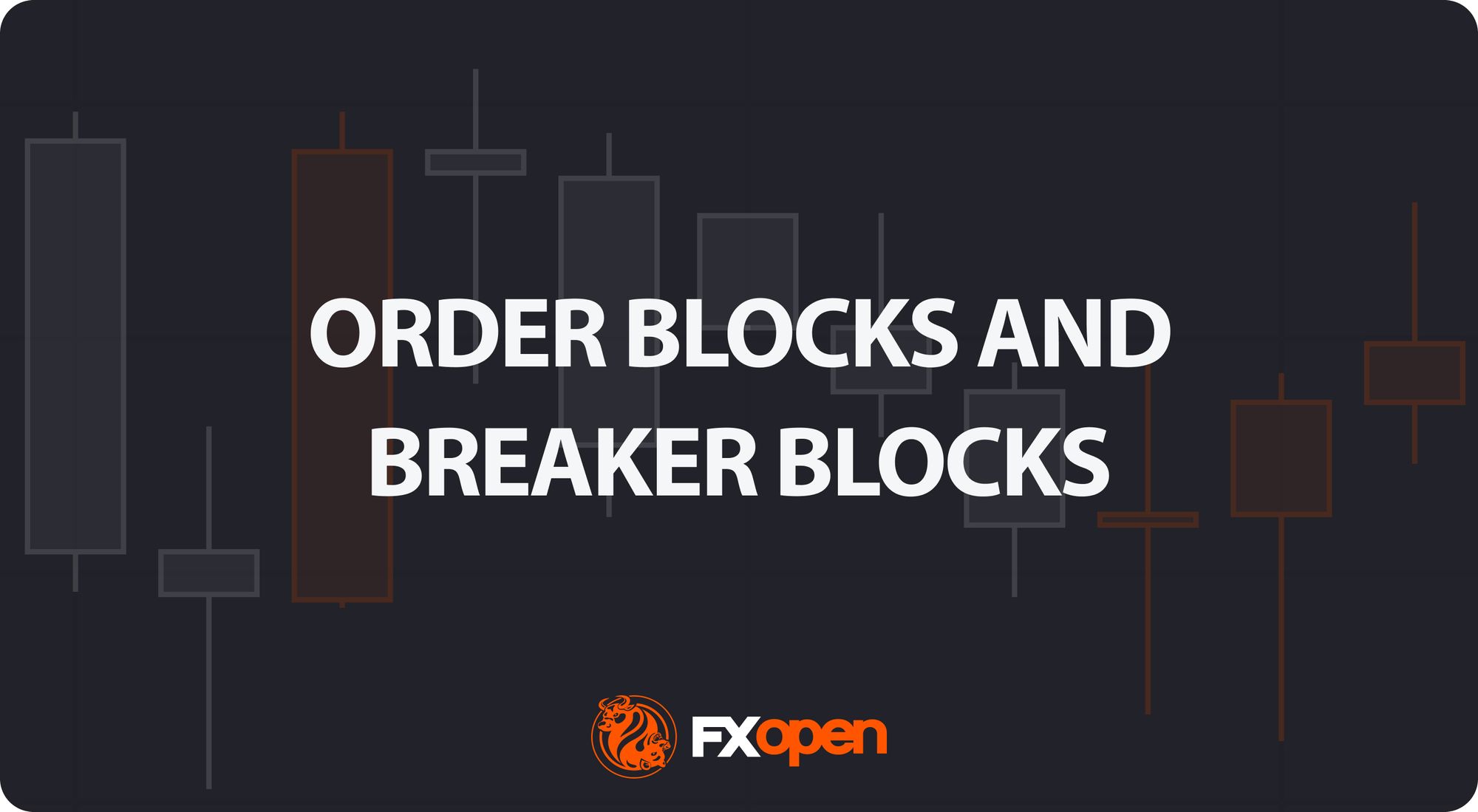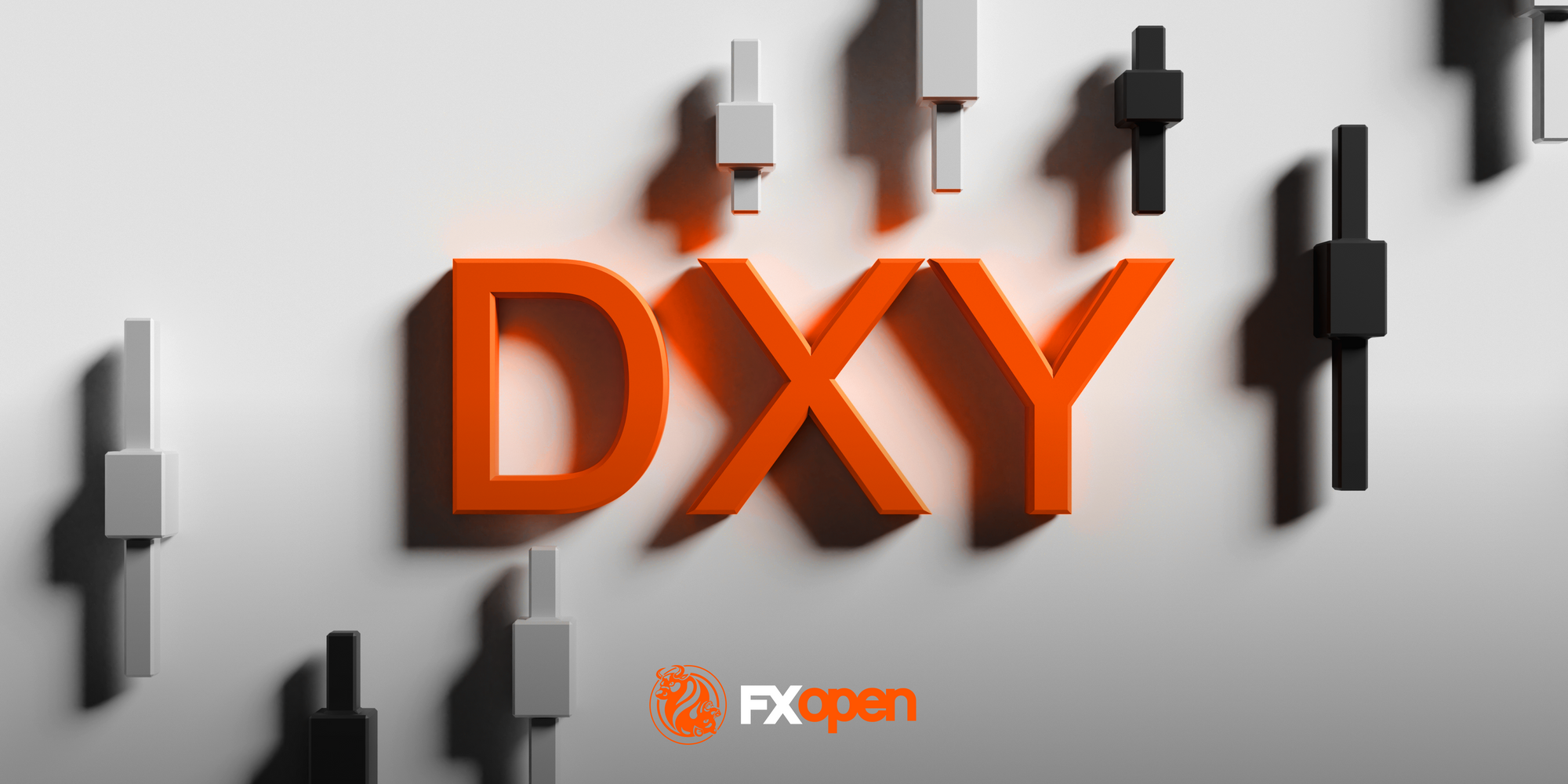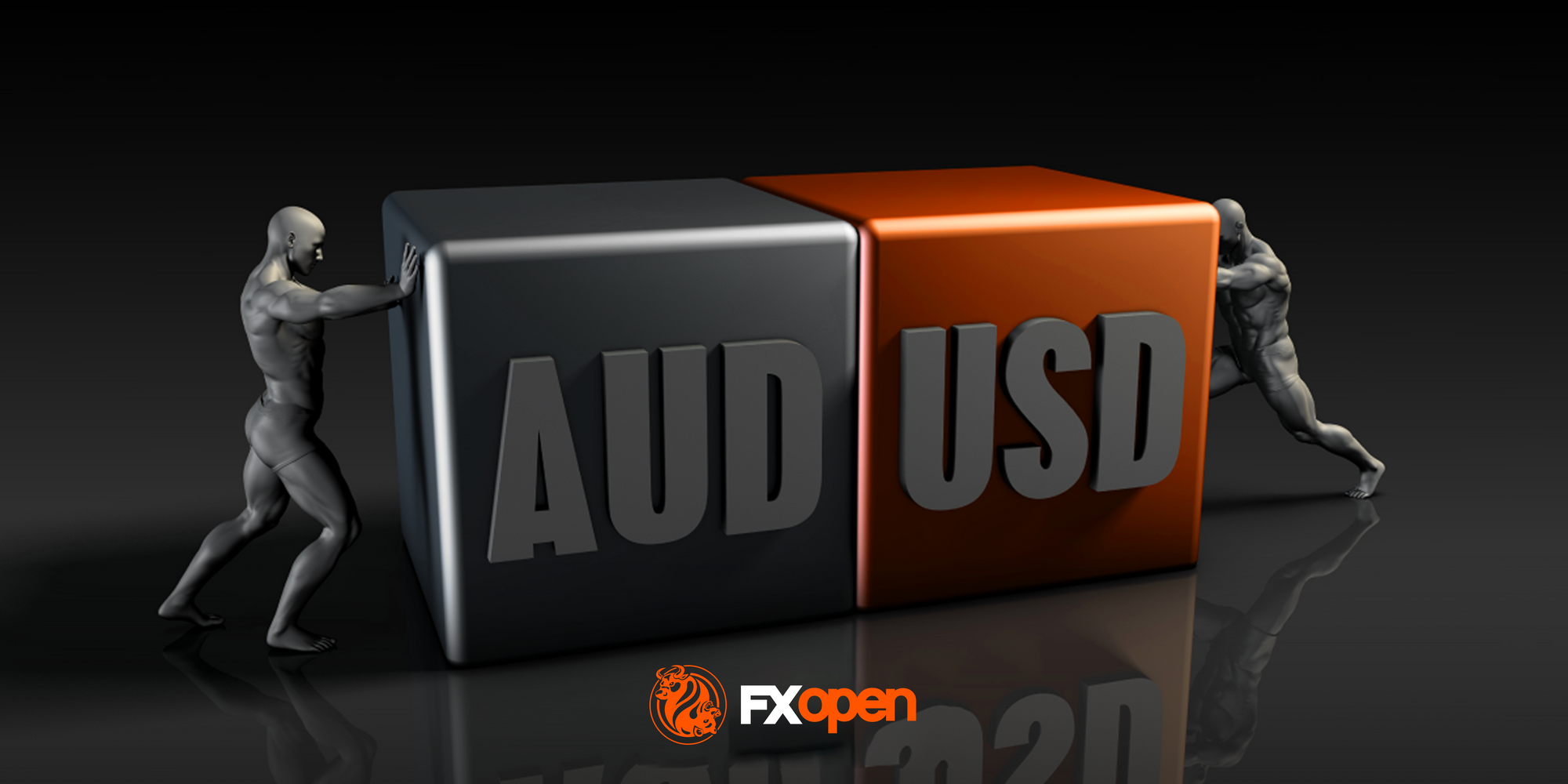FXOpen

Quantum mechanics, once the realm of advanced physics, is making waves in the forex trading world. As technology evolves, the principles of quantum analysis are set to revolutionise trading strategies, offering profound insights into market movements. Dive in to learn about quantum AI, quantum analysis, and the challenges going forward.
Quantum Analysis: Breaking It Down
Quantum analysis draws inspiration from quantum mechanics, the branch of physics that delves into the behaviour of particles at their most microscopic levels. Its principles challenge the classical views of physics, introducing concepts that, at first glance, might seem counterintuitive. Three foundational principles drive quantum mechanics: superposition, entanglement, and quantum tunnelling.
Superposition posits that a quantum system can exist in multiple states simultaneously until observed. This idea can be translated to market scenarios, where multiple outcomes are possible until a decisive market event occurs.
Entanglement describes how particles, once interconnected, remain linked even when separated by vast distances. In trading, this could symbolise the interconnectedness of global markets.
Lastly, quantum tunnelling pertains to a particle's ability to pass through barriers. Analogously, in forex, this can represent unexpected market shifts or breakthroughs.
The Intersection of Quantum Computing and Forex
Quantum computing harnesses the unique capabilities of quantum mechanics to process information at rates unimaginable with classical computers. In forex, where milliseconds can mean significant profit or loss, the unparalleled speed and precision of quantum computers present groundbreaking potential.
Quantum FX trading emerges at this juncture, leveraging quantum computational power to analyse vast datasets rapidly, predict market movements, and optimise strategies. As these computational behemoths become more mainstream, they have the potential to reshape the landscape of forex trading, offering traders more refined tools to navigate the ever-fluctuating currency markets.
In today’s markets, a reliable trading platform is vital to cover opportunities on numerous markets. FXOpen’s advanced TickTrader is just that, offering over 1,200 technical analysis tools ready to help you navigate the markets.
Quantum AI: What Is It?
Quantum AI integrates the principles of quantum mechanics with artificial intelligence, creating systems that can process information and make predictions with unprecedented accuracy. In the world of forex, where decisions often hinge on the slightest of market fluctuations, the introduction of quantum AI stands poised to be a game-changer.
A notable extension of this is in quantum AI crypto* trading. The volatile nature of cryptocurrencies*, combined with the vast amount of data from different blockchains, presents a challenging landscape. However, a quantum AI system can analyse this data in real-time, extracting patterns and insights that might elude traditional analytical tools. By doing so, it offers traders an edge, allowing for strategies that are more responsive to rapid shifts in the crypto* market.
Furthermore, the adaptive learning capabilities of a quantum AI trading app can evolve its predictive models continuously. This means that as market dynamics change, the system refines its algorithms, ensuring its predictions remain relevant and accurate. For forex traders, this translates to more informed decision-making and the potential for increased profitability in an ever-evolving market landscape.
Challenges and Considerations
- Hardware Limitations: Quantum computers, still in their nascent stage, face challenges in terms of stability and scalability.
- Scalability Concerns: As forex data grows, ensuring quantum systems can handle increased loads is crucial.
- Accuracy: While quantum AI boasts enhanced predictive capabilities, it's not infallible. Misinterpretations can lead to significant losses.
- Adoption Barriers: High costs and complexity can deter many institutions from integrating these technologies.
- Lack of Expertise: The niche nature of quantum tech means there's a shortage of experts proficient in its application in forex.
The Bottom Line
While the prospects of quantum forex trading offer revolutionary possibilities, full-scale adoption still seems a ways off, given current challenges. As the industry navigates this evolving frontier, traders keen on staying ahead might consider taking advantage of advanced trading platforms. To embark on this journey, open an FXOpen account and embrace the future of trading.
*At FXOpen UK and FXOpen AU, Cryptocurrency CFDs are only available for trading by those clients categorised as Professional clients under FCA Rules and Professional clients under ASIC Rules, respectively. They are not available for trading by Retail clients.
This article represents the opinion of the Companies operating under the FXOpen brand only. It is not to be construed as an offer, solicitation, or recommendation with respect to products and services provided by the Companies operating under the FXOpen brand, nor is it to be considered financial advice.
Stay ahead of the market!
Subscribe now to our mailing list and receive the latest market news and insights delivered directly to your inbox.








